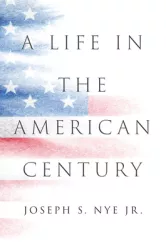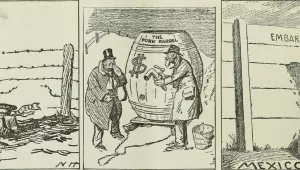Summary
After World War II, "trading states" seemed to be charting a new path forward. But small was not beautiful. Even great powers found themselves negotiating larger markets through economic associations with others. It's time the United States became such a power.
Throughout history, states have generally sought to get larger, usually through the use of force. In the 1970s and 1980s, however, countervailing trends briefly held sway. Smaller countries, such as Japan, West Germany, and the "Asian tigers," attained international prominence as they grew faster than giants such as the United States and the Soviet Union. These smaller countries — what I have called "trading states" — did not have expansionist territorial ambitions and did not try to project military power abroad. While the United States was tangled up in Vietnam and the Soviet Union in Afghanistan, trading states concentrated on gaining economic access to foreign territories, rather than political control. And they were quite successful.
But eventually the trading-state model ran into unexpected problems. Japanese growth stalled during the 1990s as U.S. growth and productivity surged. Many trading states were rocked by the Asian financial crisis of 1997–98, during which international investors took their money and went home. Because Indonesia, Malaysia, Thailand, and other relatively small countries did not have enough foreign capital to withstand the shock, they had to go into receivership. As Alan Greenspan, then the U.S. Federal Reserve chair, put it in 1999, "East Asia had no spare tires." Governments there devalued their currencies and adopted high interest rates to survive, and they did not regain their former glory afterward.
Russia, meanwhile, fell afoul of its creditors. And when Moscow could not pay back its loans, Russian government bonds went down the drain. Russia's problem was that although its territory was vast, its economy was small. China, India, and even Japan, on the other hand, had plenty of access to cash and so their economies remained steady. The U.S. market scarcely rippled....
Rosecrance, Richard. “Bigger is Better: A Case for a Transatlantic Economic Union.” Foreign Affairs, May/June 2010
The full text of this publication is available via Foreign Affairs.




